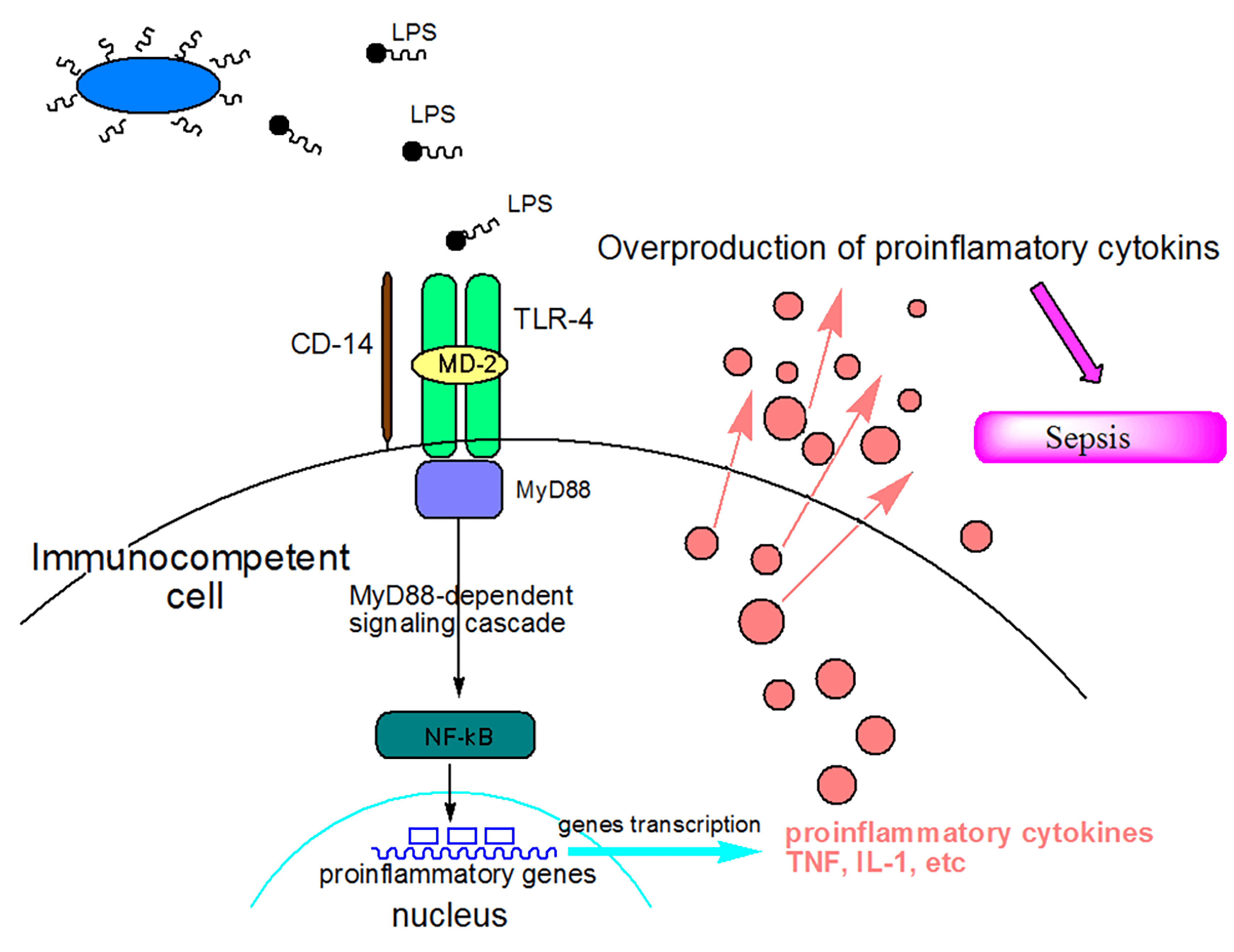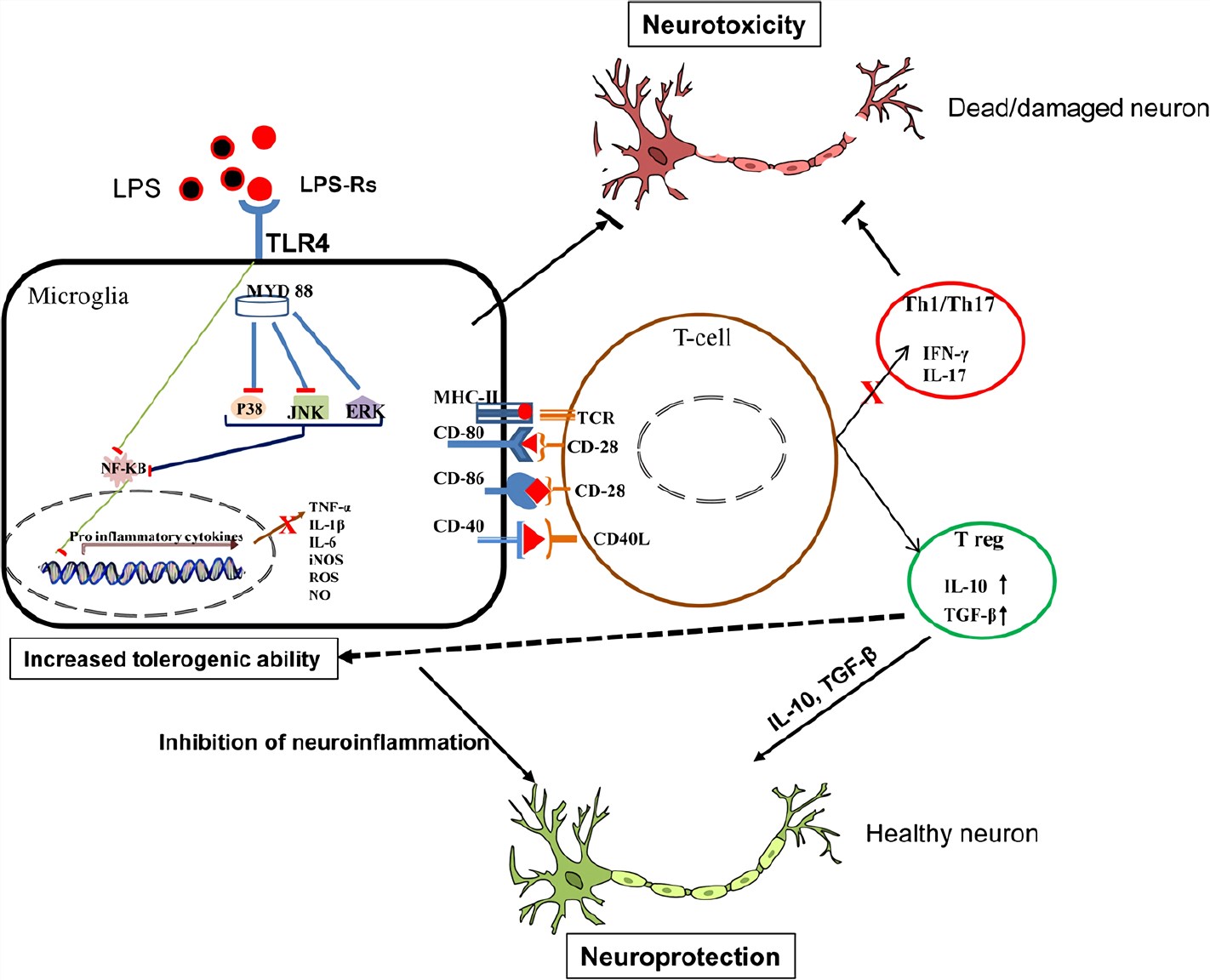2-phenylethynesulfonamide Prevents Induction of Pro-inflammatory Factors and Attenuates LPS-induced Liver Injury by Targeting NHE1-Hsp70 Complex in Mice | PLOS ONE

Surfactant Protein A Enhances the Degradation of LPS-Induced TLR4 in Primary Alveolar Macrophages Involving Rab7, β-arrestin2, and mTORC1 | Infection and Immunity

Differential effects of omega-3 fatty acids on lipopolysaccharide (LPS)- induced macrophage activation in combination with cox inhibition - Atherosclerosis

Acute Lipopolysaccharide-Induced Inflammation Lowers IL-2R Signaling and the Proliferative Potential of Regulatory T Cells | ImmunoHorizons
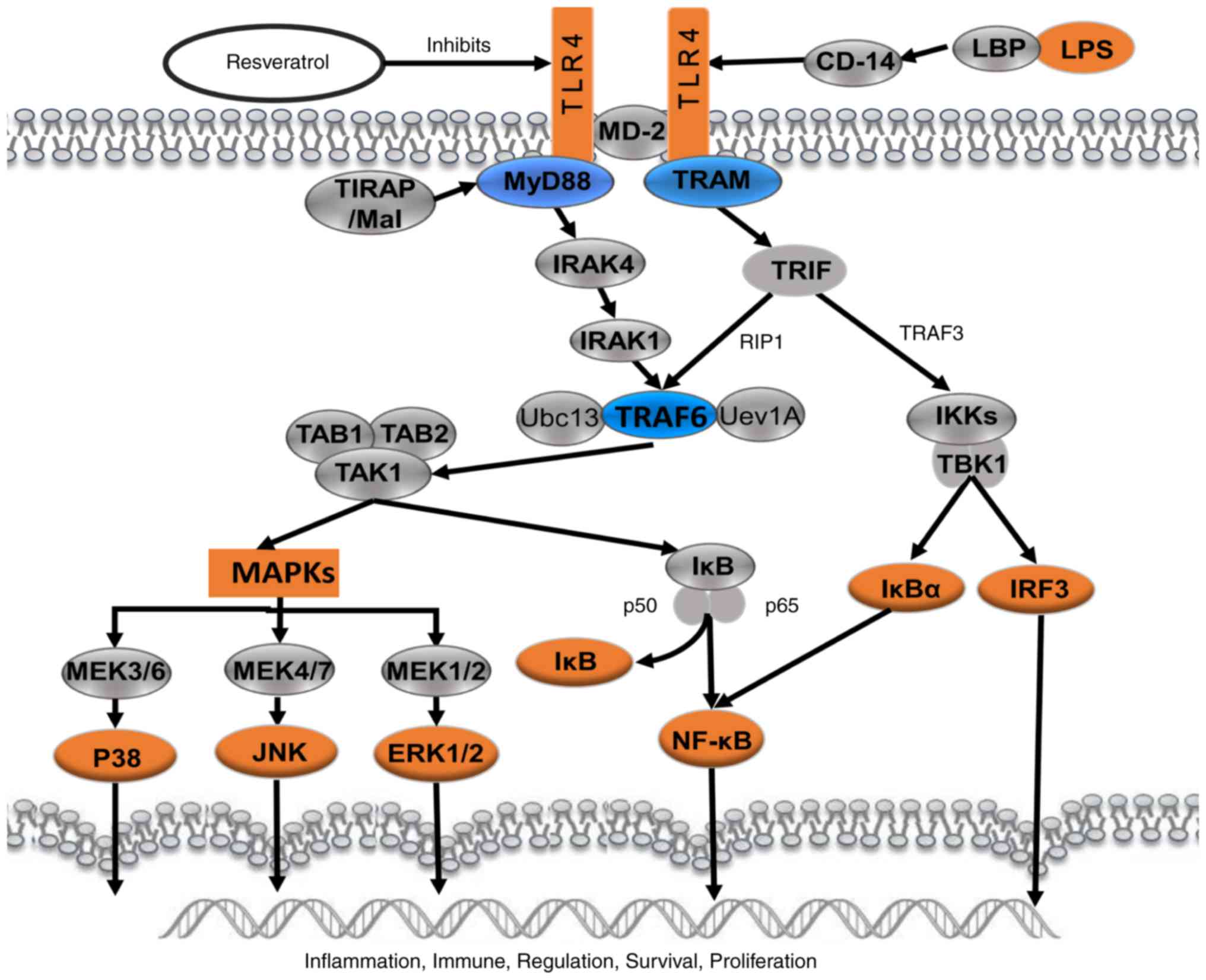
Resveratrol inhibits LPS‑induced inflammation through suppressing the signaling cascades of TLR4‑NF‑κB/MAPKs/IRF3
Suppression of LPS-induced inflammatory responses by the hydroxyl groups of dexamethasone | Oncotarget
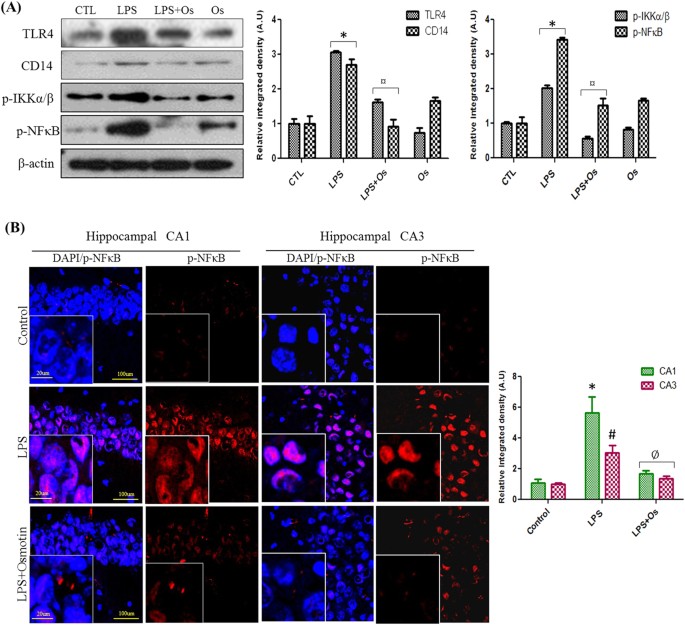
Osmotin attenuates LPS-induced neuroinflammation and memory impairments via the TLR4/NFκB signaling pathway | Scientific Reports

Surfactant lipids regulate LPS-induced interleukin-8 production in A549 lung epithelial cells by inhibiting translocation of TLR4 into lipid raft domains - Journal of Lipid Research
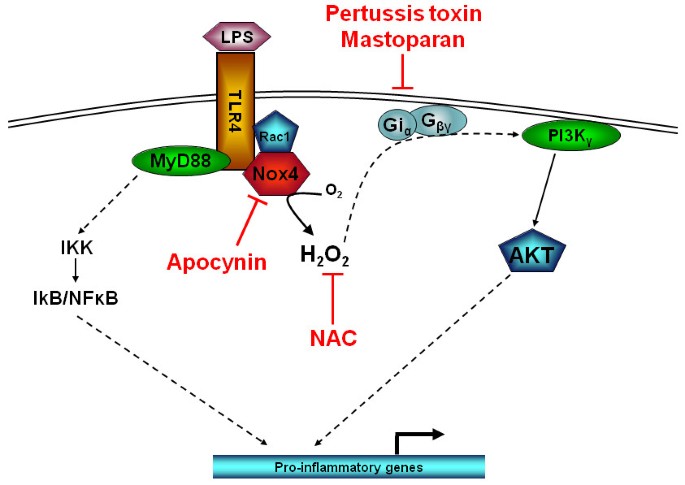
LPS induced inflammatory responses in human peripheral blood mononuclear cells is mediated through NOX4 and Giα dependent PI-3kinase signalling | Journal of Inflammation | Full Text

Surfactant Protein A Enhances the Degradation of LPS-Induced TLR4 in Primary Alveolar Macrophages Involving Rab7, β-arrestin2, and mTORC1 | Infection and Immunity

Metformin Suppresses Lipopolysaccharide (LPS)-induced Inflammatory Response in Murine Macrophages via Activating Transcription Factor-3 (ATF-3) Induction* - Journal of Biological Chemistry
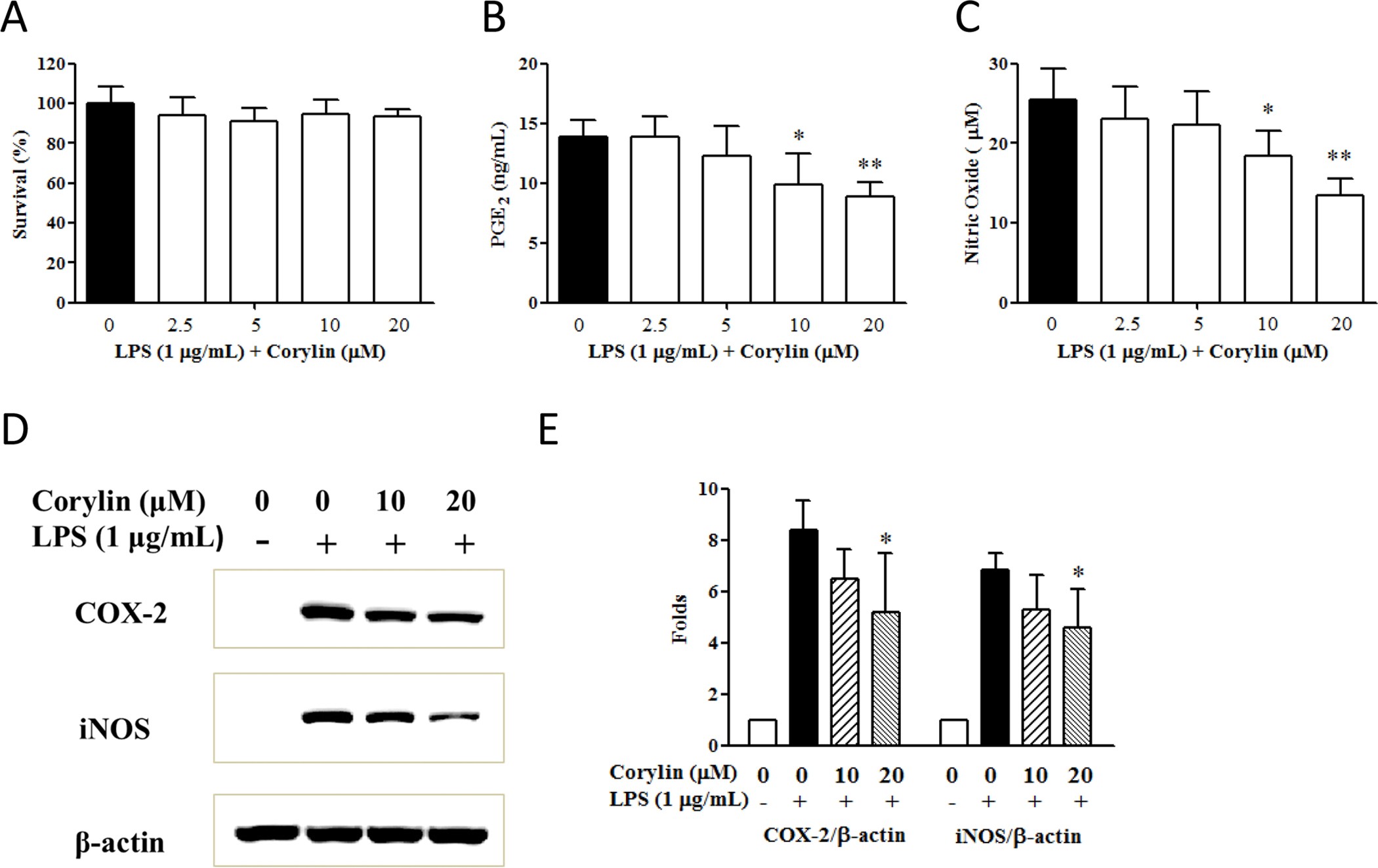
Corylin protects LPS-induced sepsis and attenuates LPS-induced inflammatory response | Scientific Reports
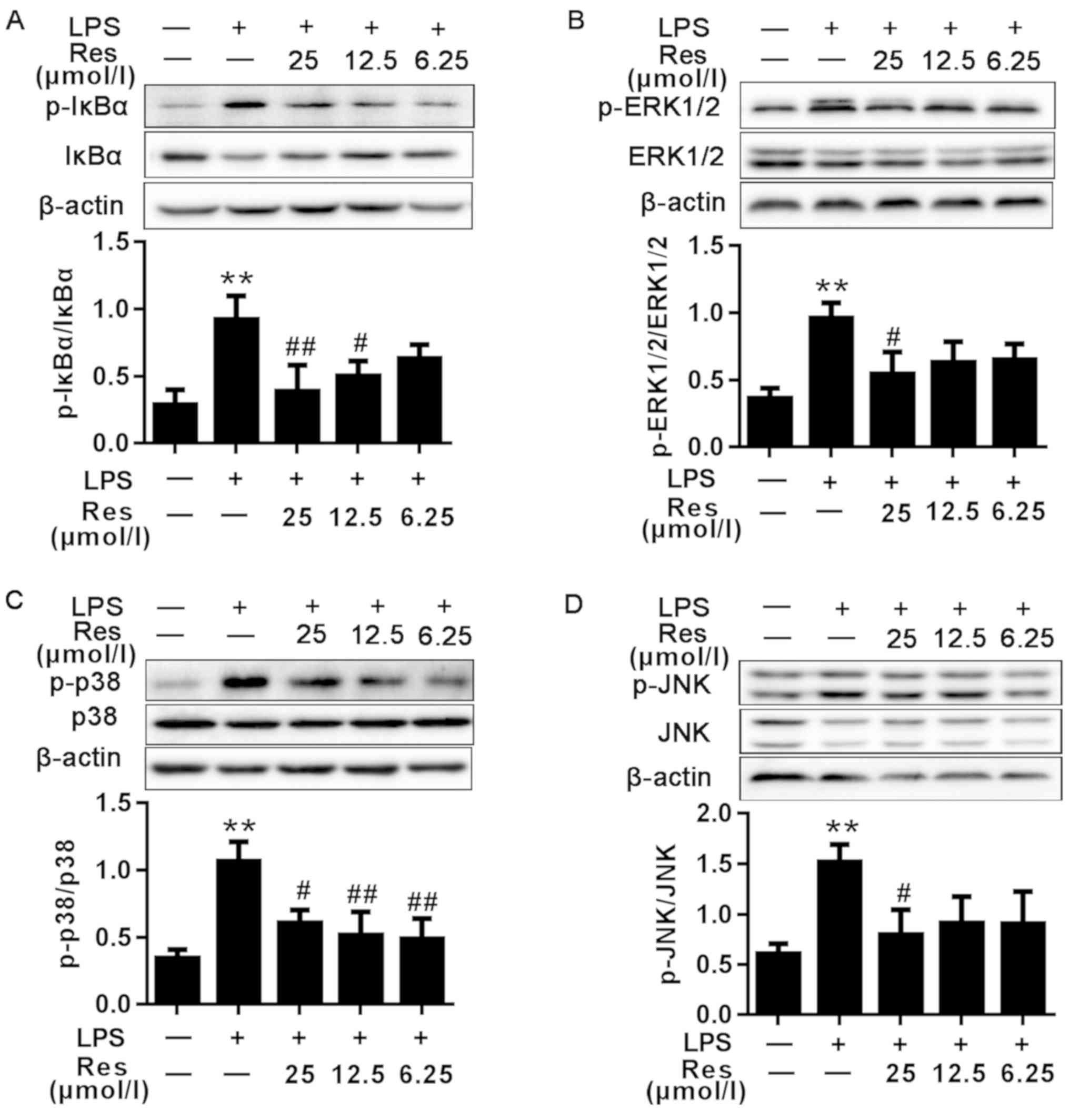
Resveratrol inhibits LPS‑induced inflammation through suppressing the signaling cascades of TLR4‑NF‑κB/MAPKs/IRF3

Resistance-exercise training attenuates LPS-induced astrocyte remodeling and neuroinflammatory cytokine expression in female Wistar rats | Journal of Applied Physiology
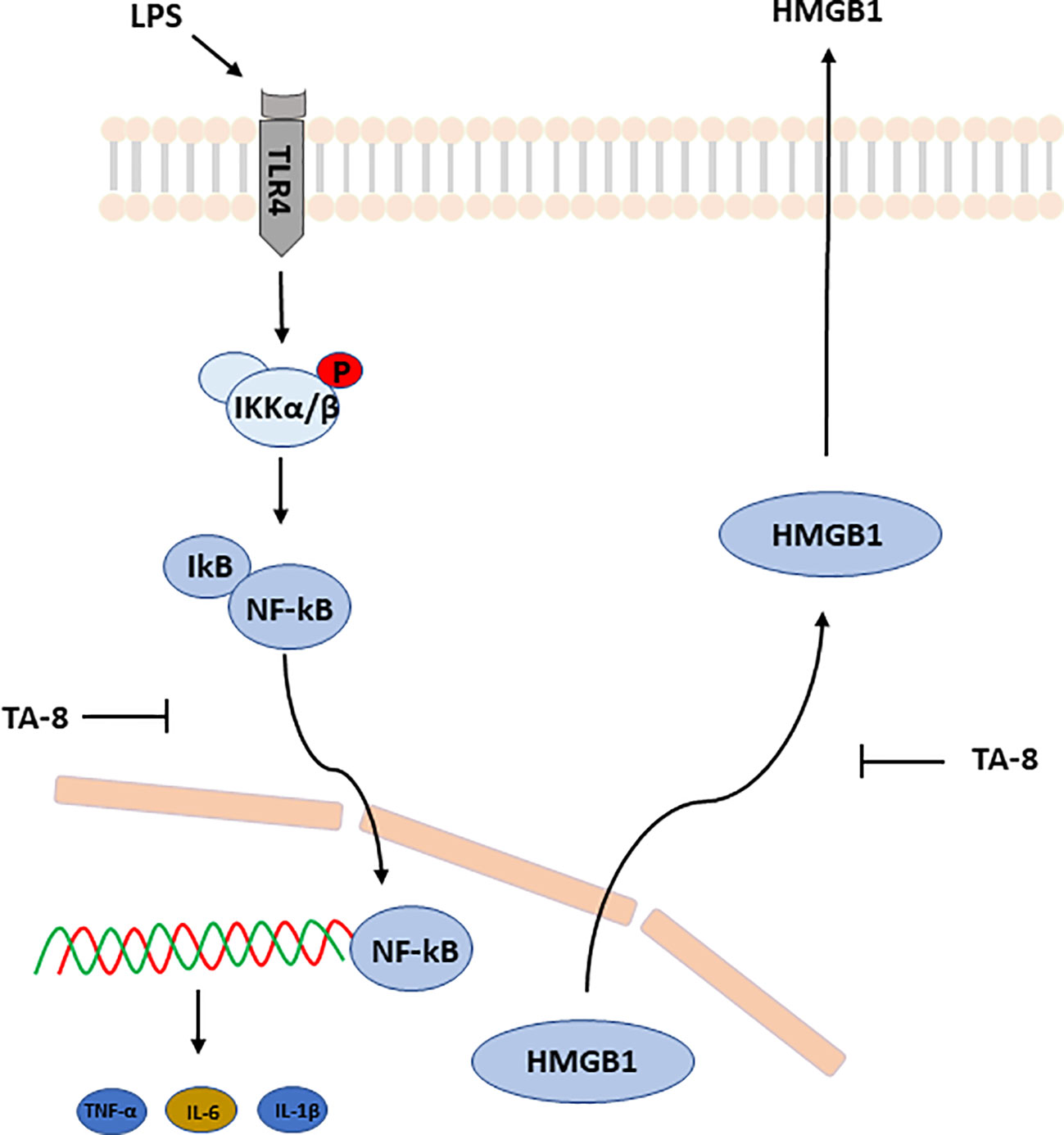
Frontiers | Toddalolactone Protects Lipopolysaccharide-Induced Sepsis and Attenuates Lipopolysaccharide-Induced Inflammatory Response by Modulating HMGB1-NF-κB Translocation | Pharmacology

The anti-inflammatory effects of berberine on LPS-induced inflammation... | Download Scientific Diagram
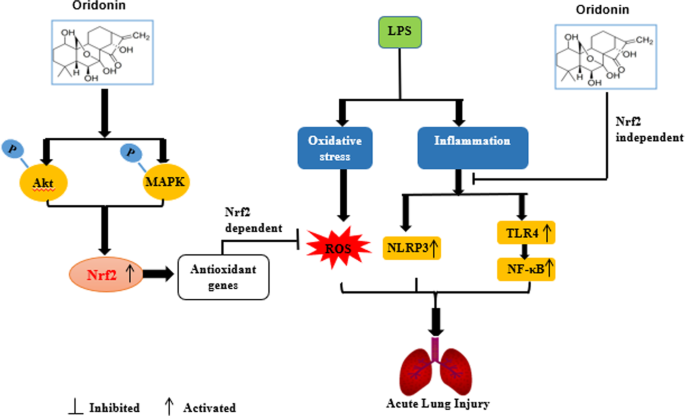
Oridonin protects LPS-induced acute lung injury by modulating Nrf2-mediated oxidative stress and Nrf2-independent NLRP3 and NF-κB pathways | Cell Communication and Signaling | Full Text
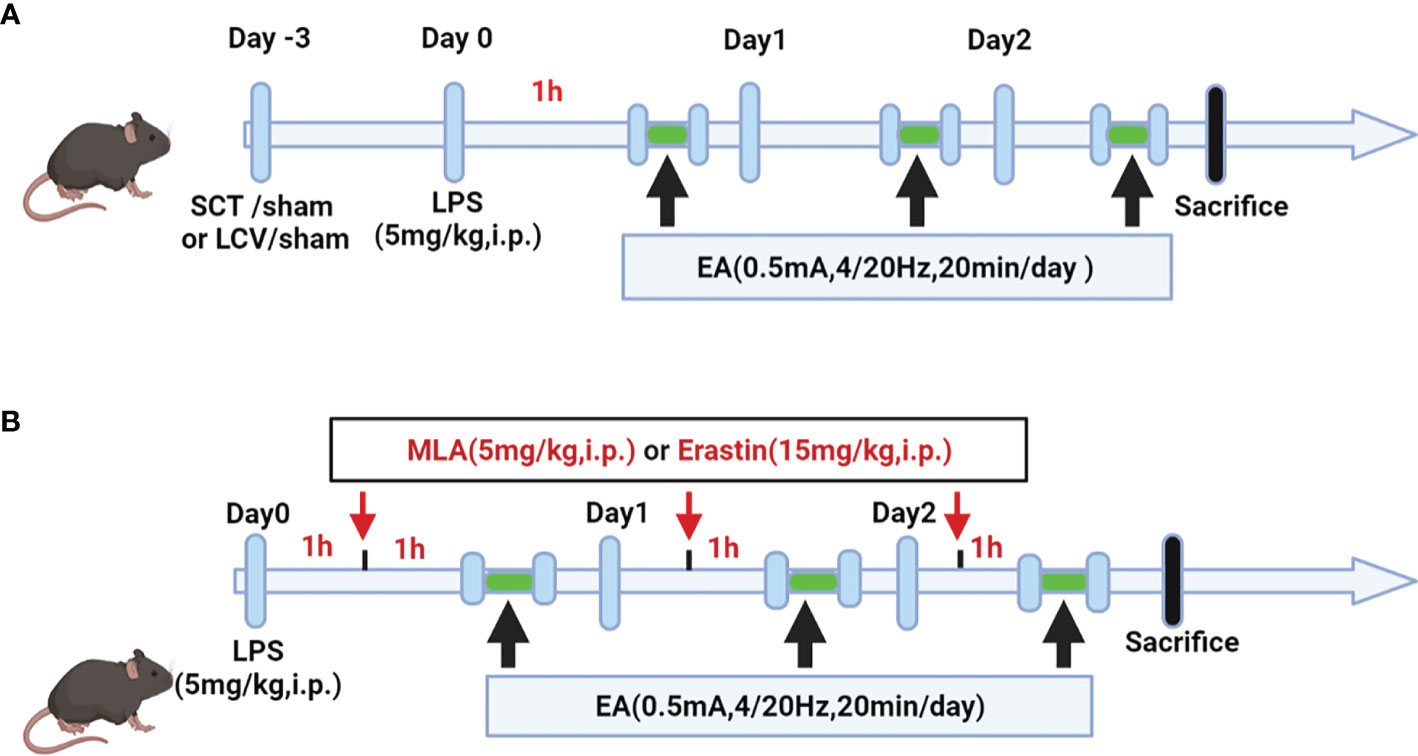
Frontiers | Electroacupuncture Alleviates LPS-Induced ARDS Through α7 Nicotinic Acetylcholine Receptor-Mediated Inhibition of Ferroptosis | Immunology

Xanthohumol ameliorates lipopolysaccharide (LPS)-induced acute lung injury via induction of AMPK/GSK3β-Nrf2 signal axis - ScienceDirect


